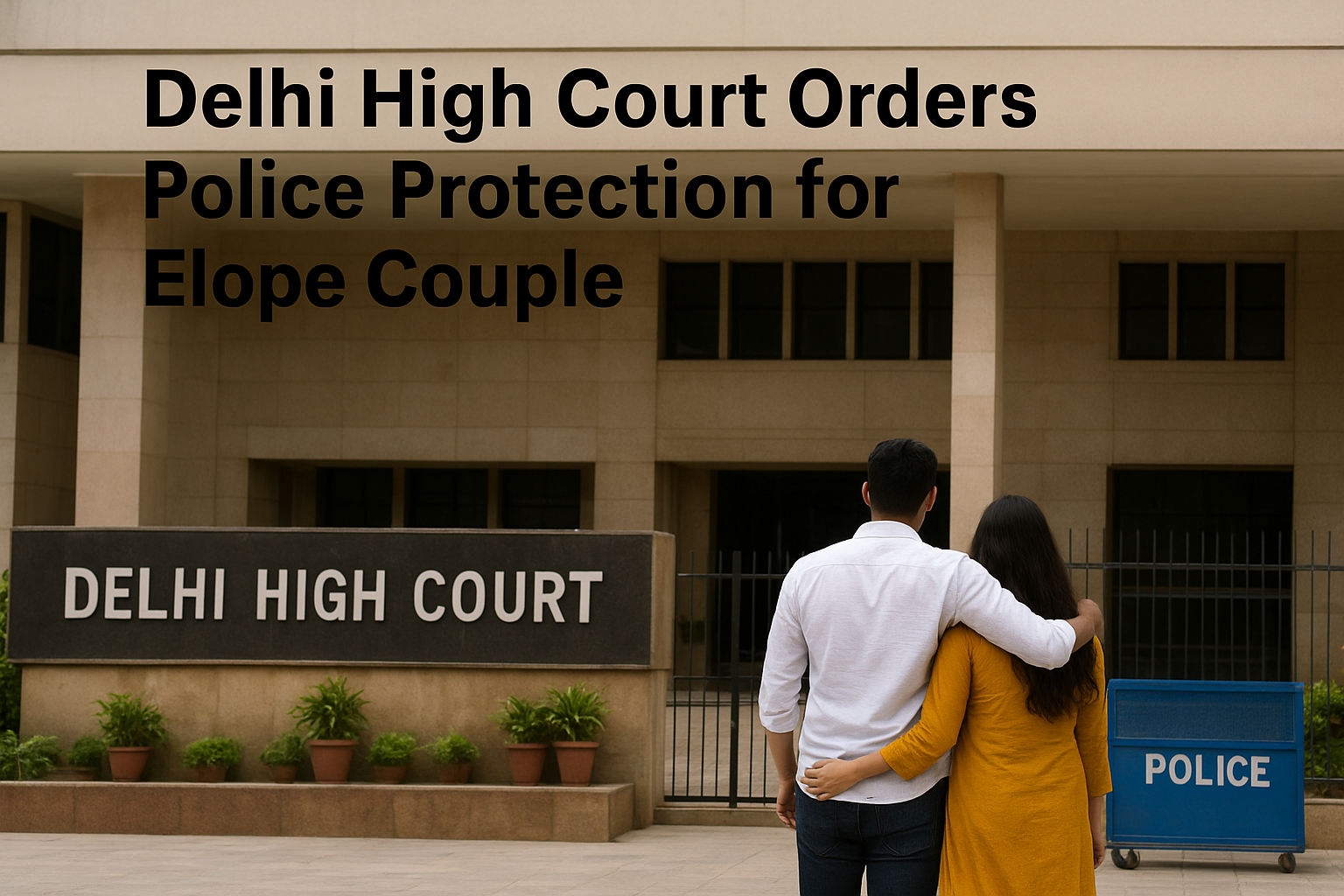Telangana’s bold push to implement 42% reservation for Other Backward Classes (OBCs) has triggered intense legal scrutiny. While the state justifies this move through its recently concluded caste survey, legal experts warn that bypassing constitutional safeguards — especially the Ninth Schedule — may put the policy at risk.
Telangana Challenges the Reservation Cap
The Supreme Court’s Indra Sawhney judgment (1992) capped total caste-based reservations at 50%, allowing exceptions only in extraordinary circumstances. Telangana has already breached that ceiling with:
- Backward Classes (BCs): 29%
- Scheduled Castes (SCs): 15%
- Scheduled Tribes (STs): 10%
By pushing the OBC quota to 42%, the overall reservation would surge beyond 67%, raising immediate questions about its constitutional validity.
Ninth Schedule: A Crucial Shield
To avoid legal challenges, states like Tamil Nadu have placed their quota laws in the Ninth Schedule of the Constitution, ensuring protection from judicial review. Telangana has not yet secured this safeguard.
Introduced via the First Constitutional Amendment in 1951, the Ninth Schedule shields certain laws from court scrutiny. While the Keshavananda Bharati case (1973) allows courts to review these laws if they violate fundamental rights, they rarely overturn them outright.
Status of the Reservation Bills
The Telangana Assembly has already passed the reservation amendments. The state has forwarded the bills to the President of India for assent and sent an ordinance for OBC reservations in local body elections to the Centre — in compliance with a High Court order mandating polls by September 30, 2025.
To push for faster approval, Minister Ponnam Prabhakar and OBC community leaders have launched a Delhi protest (August 5–7) urging the Centre to include the law in the Ninth Schedule.
Political Pushback and Defense
The BJP has slammed the initiative, calling it unconstitutional and accusing the state of violating Supreme Court guidelines. BJP leaders demand a broader consensus and judicial clarity before implementing such a sweeping reservation policy.
However, Chief Minister A. Revanth Reddy has defended the move, citing caste survey data showing that over 56% of Telangana’s population belongs to OBC communities. He argues that the quota reflects social realities, not just electoral strategies.
What Telangana Must Do Next
To make the 42% OBC reservation legally enforceable, the state government must:
- Secure Presidential assent
- Gain the Centre’s nod for Ninth Schedule inclusion
- Prepare a strong legal defense based on proven backwardness
A Legal Gamble or Social Justice?
Unless Telangana successfully navigates these legal hurdles, the OBC quota plan could falter in court despite broad public backing. While the intent promotes social equity, implementation must align with constitutional norms.
If done right, Telangana could set a precedent for other states seeking to expand affirmative action based on real demographic data. If done wrong, the policy might collapse under its own legal contradictions.





